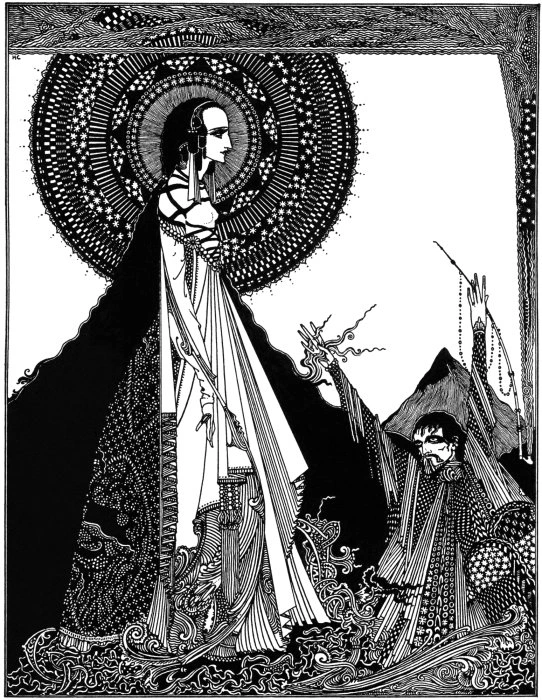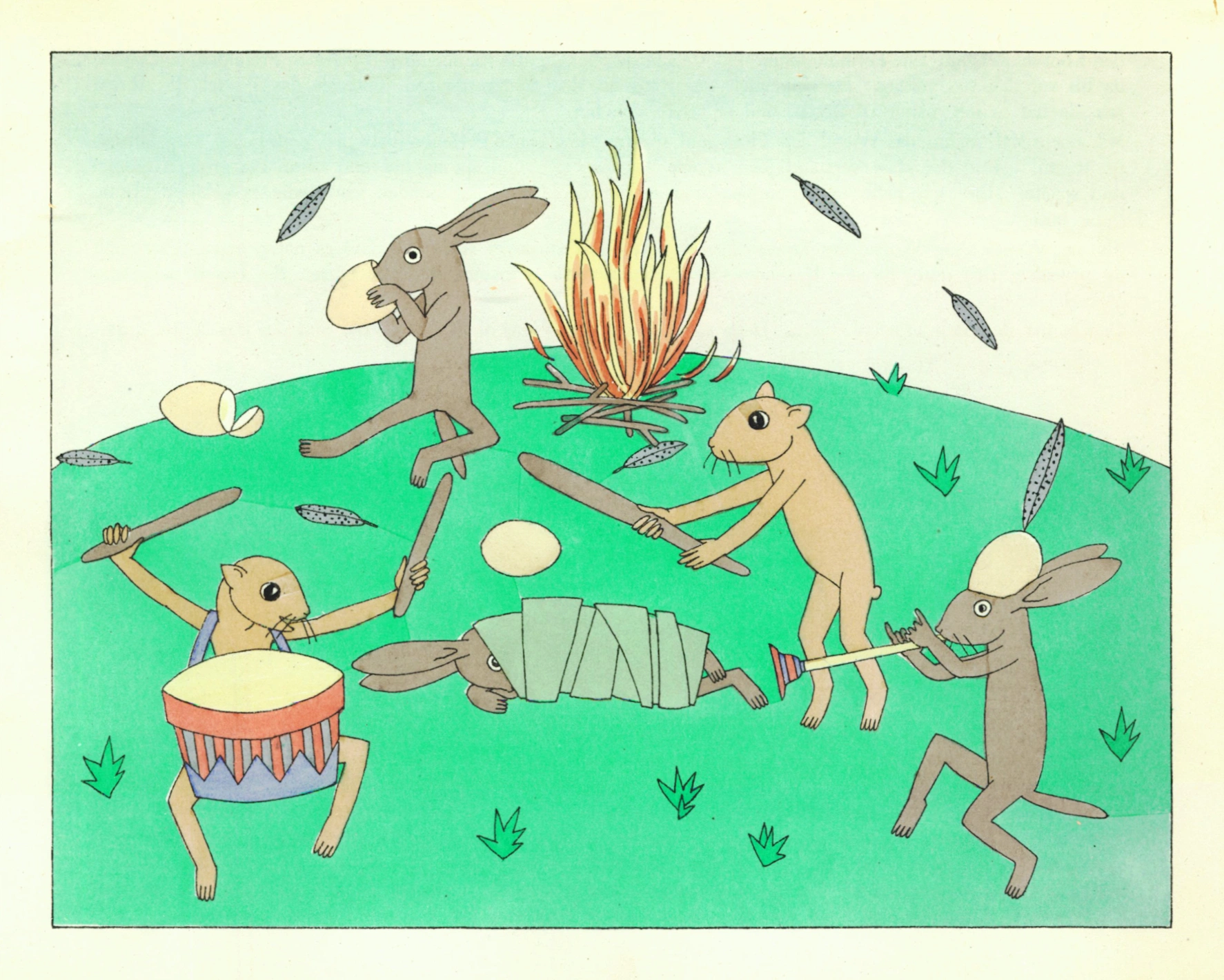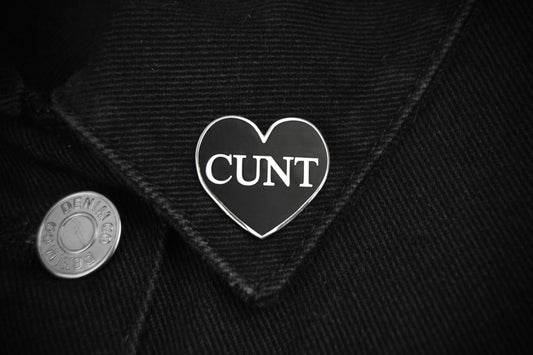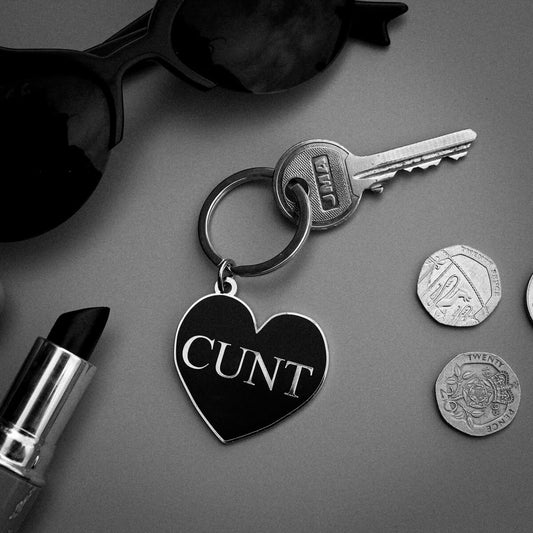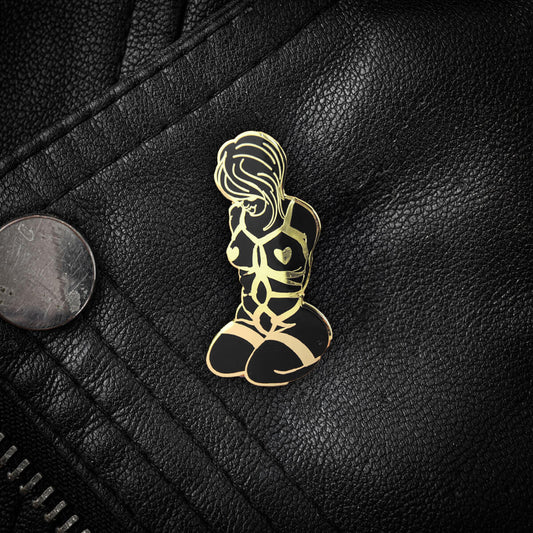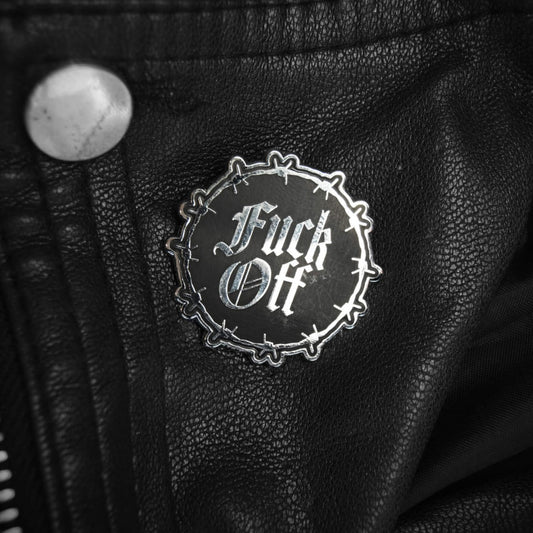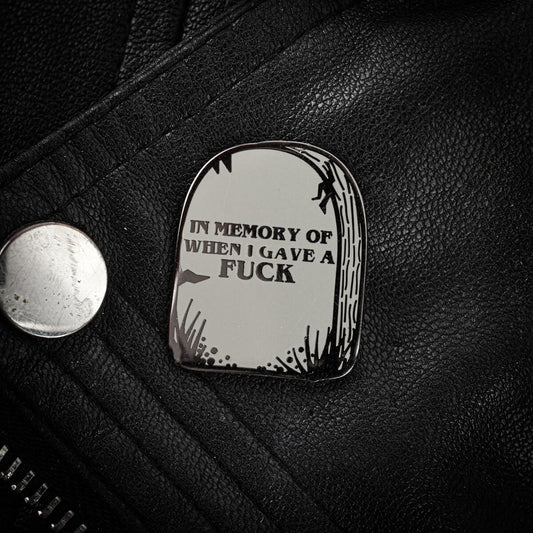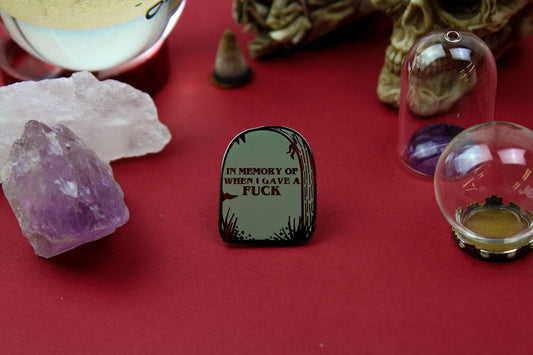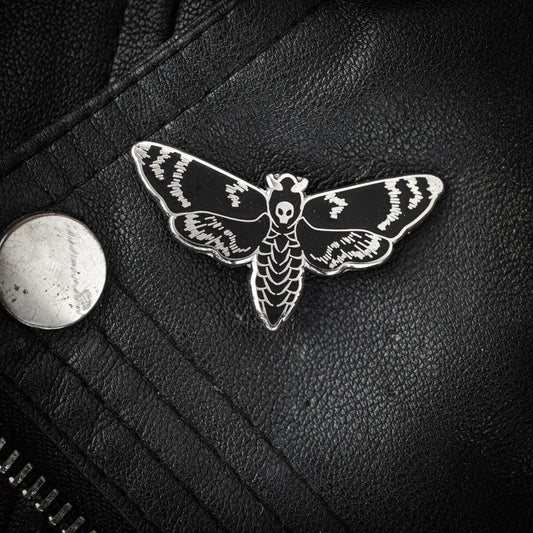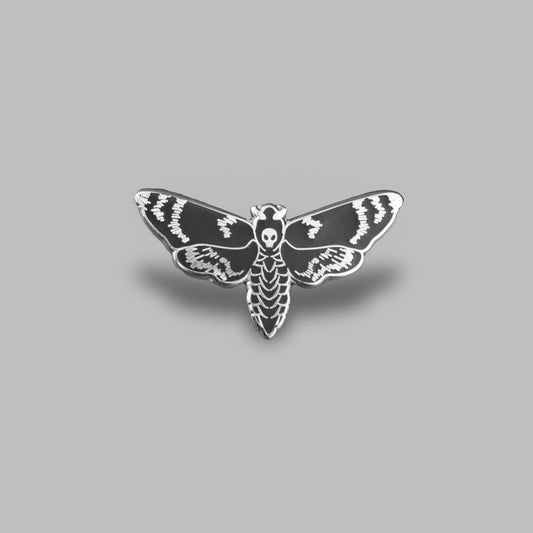
Do Wiccans Worship a God?
Share
Ask someone on the street what Wiccans believe, and you’ll get wildly different answers. Some probably have no idea what a Wiccan is, some will insist they’re atheists dressing up magic as spirituality. Others might think they’re devil-worshippers rebelling against Christianity. A few will shrug and mumble something about “tree-huggers.” The truth, of course, is more complicated - and far more interesting.
So, do Wiccans worship a god? The short answer is: yes, but not in the way most people think. To understand why, we need to cut through the stereotypes and look at how Wiccans themselves talk about divinity.
Key Points
-
Wiccans honour deities, but not in the same way Christians worship God. Their rituals are collaborative and celebratory, not submissive. Worship means reverence and partnership, not obedience.
-
Most Wiccans recognise a Goddess and a God, often linked to cycles of nature and the seasons. Some emphasise the Goddess alone, some honour many gods, and some interpret divinity symbolically.
-
The common myth that Wiccans worship Satan is false. The Horned God is rooted in pre-Christian deities like Pan and Cernunnos, not the Christian devil. Satan has no place in Wiccan theology.
- Wicca is a modern religion with ancient inspiration. Its practices crystallised in the 20th century, but they draw from older Pagan myths, ceremonial magic, and folk traditions.
Wicca and the Question of Divinity
Wicca is a modern Pagan religion that emerged in the mid-20th century, first publicised by Gerald Gardner in the 1950s. Gardner claimed initiation into a surviving witch-cult, which he described in his books Witchcraft Today (1954) and The Meaning of Witchcraft (1959). Later historians - particularly Ronald Hutton in The Triumph of the Moon (1999) - have argued that Gardner was less heir to an ancient tradition than the founder of something new, drawing from ceremonial magic, folklore, Masonic ritual, and romanticised visions of Pagan antiquity.
Whatever its origins, Wicca developed a theology centred around nature, ritual, and reverence for deities. At its heart sits a flexible model: the Goddess and the God.
Unlike the Abrahamic faiths, Wicca has no holy scripture or centralised institution. There is no pope of Wicca, no single book dictating dogma. This makes it both liberating and confusing. Wiccans are free to interpret the divine as they see fit, which leads to a spectrum of belief. For some, the gods are literal beings. For others, they are masks of a deeper force or archetypes within the human psyche - a view influenced by Carl Jung.
This pluralism is not a flaw but a defining feature. Gardner himself emphasised that the gods have “many names” across cultures. Wicca embraces that multiplicity rather than trying to eliminate it.
1919-1923 - Harry Clarke - "I would call aloud upon her name" (Ligeia) publicdomainreview.org
The Goddess and the God
The Goddess is the most prominent figure in Wicca. She is tied to the moon, the earth, fertility, and the cycles of life. Many Wiccans adopt the “Triple Goddess” model - Maiden, Mother, and Crone - popularised by Robert Graves in The White Goddess (1948). The Maiden is youth, beginnings, and potential. The Mother is fertility, abundance, and nurturing. The Crone is wisdom, endings, and death. Together, they form a continuous cycle.
The God, often depicted as horned or antlered, is her counterpart. He embodies the sun, the hunt, animals, and seasonal change. In Wiccan mythology, his life cycle unfolds across the year. Born at Yule, he grows through spring, mates with the Goddess at Beltane, and dies at Samhain - only to be reborn again. This cycle reflects the agricultural year and is ritually marked in the eight Sabbats of the Wheel of the Year.
Balance is key. The Goddess and God represent complementary forces: life and death, male and female, light and dark. While Gardner’s original Wicca leaned heavily on heterosexual symbolism, modern Wiccans reinterpret this more fluidly. LGBTQ+ practitioners, for example, often reframe the polarity as energetic rather than biological.
Critics often confuse the Horned God with the Christian devil. But as Hutton points out, horned deities are far older than Christianity. Figures like the Celtic Cernunnos and the Greek Pan show that horns once symbolised fertility and vitality, not evil. The Church demonised these images as rivals, but Wiccans have reclaimed them as sacred.
Different Currents Within Wicca
Because Wicca is decentralised, belief varies widely. A few strands stand out:
-
Dianic Wicca: Founded in the 1970s by Zsuzsanna Budapest, this branch focuses almost exclusively on the Goddess. It often has a feminist orientation and may exclude the God altogether. Some Dianic covens are women-only, sparking ongoing debates about inclusivity.
-
Eclectic Wicca: The most common form among solitary practitioners. Eclectics borrow freely from different cultures, honouring gods from Greek, Norse, Celtic, or Egyptian pantheons. Critics accuse this of cherry-picking; defenders see it as true to Wicca’s flexible spirit.
-
Traditionalist Wicca: These covens claim lineage back to Gardner (Gardnerian Wicca) or Alex Sanders (Alexandrian Wicca). They often emphasise duotheism, structured rituals, and formal initiation.
-
Atheistic or Naturalist Wicca: A smaller group who practise rituals but interpret gods as metaphors or archetypes. Writers like Aidan Kelly have described this strand as Wicca’s most rationalist face.
This diversity means there is no single Wiccan answer to our question. For some, worship is literal devotion. For others, it is symbolic celebration.
1924 Tom Seidmann-Freud "The Hare and the Weasel", a Swahili fairy tale. publicdomainreview.org
What Wiccans Mean by “Worship”
The word “worship” carries baggage. In Christianity, it implies obedience to a supreme authority. God is ruler; humans are subjects.
Wiccans see things differently. Their rituals are acts of communion, not submission. Participants don’t kneel before a distant throne; they gather in circles, invoke the gods, dance, chant, and raise energy. The relationship is not vertical but reciprocal.
Doreen Valiente, often called the “mother of modern witchcraft,” put it plainly in her writings: Wiccans “revere the gods, but they do not grovel before them.” Worship is honour, celebration, and partnership.
This distinction matters. Critics who accuse Wiccans of “false worship” imagine they’re copying Christianity with new names. They aren’t. Wicca is a different framework altogether.
Magic and the Gods
Magic is integral to Wicca. Gardner defined it as “the art of causing change in conformity with will” - echoing Aleister Crowley. But in Wicca, magic is rarely framed as control. Instead, it is cooperation with divine and natural forces.
When casting a spell for healing, a Wiccan may call upon the Goddess. A ritual for abundance may honour the God as lord of harvest. In each case, the spell is not about commanding divinity but aligning oneself with it.
Scholar Sabina Magliocco, in Witching Culture (2004), describes this as “a partnership model of divinity.” Magic is a dialogue, not a demand.
This is one of the sharpest differences between Wicca and Abrahamic prayer. Prayer often asks God to intervene; magic works with gods to bring about change.
Misconceptions and Myths
“Wiccans worship the devil.”
This myth has centuries of Christian propaganda behind it. Horned gods were demonised in the Middle Ages as rivals to Christ. But Wiccans reject Satan outright. He is a Christian figure, irrelevant to their cosmology. To accuse them of devil-worship is like accusing Buddhists of worshipping Odin.
“Wiccans are atheists in disguise.”
Not true. While some interpret gods symbolically, many experience them as literal beings. Ronald Hutton notes that early Wiccans often reported visionary encounters with their deities during ritual. For them, the presence of the Goddess and God was as real as any Christian’s encounter with the Holy Spirit.
“Wicca is ancient.”
Here’s the tricky one. Wicca is modern, without question. Its rituals and theology crystallised in the 20th century. But it draws inspiration from older Pagan traditions, ceremonial magic, and folk customs. Hutton calls it “a religion of the modern age with ancient dreams.”
Why the Question Matters
Why obsess over whether Wiccans worship a god? Because words matter. Call them atheists, and you erase their spirituality. Call them devil-worshippers, and you stigmatise them. Both misrepresentations have been used to justify discrimination.
Understanding how Wiccans view divinity also broadens our understanding of religion itself. It challenges the assumption that worship must mean submission to a single, all-powerful ruler. Wicca demonstrates another model: worship as partnership, reverence as celebration, divinity as cyclical rather than hierarchical.
The Complicated Answer
So, do Wiccans worship a god?
Yes - but not in the monotheistic sense. Most honour a Goddess and a God. Some honour many gods, others interpret them symbolically, and a few sidestep divinity altogether.
The deeper truth is that “worship” in Wicca doesn’t resemble worship in Christianity. It’s not about kneeling before a throne; it’s about dancing in a circle. It’s not about obedience; it’s about connection.
That answer frustrates those who want a simple yes or no. But religions are rarely simple. Wicca, with its pluralism and openness, embraces complexity.
Final Word
Wiccans do worship gods. But their gods are not distant rulers demanding obedience. They are partners, archetypes, lovers, and reflections of the natural world. To worship in Wicca is to celebrate the cycles of the earth, the balance of life and death, the power of magic, and the mystery of existence.
So next time someone sneers that Wiccans are “godless,” or hisses that they “worship the devil,” you’ll know better! Wicca’s theology is varied, but its heart is clear: reverence for divinity, however understood, expressed through ritual, magic, and joy.
And perhaps that is Wicca’s gift to modern religion. It doesn’t demand a single creed. It asks only that you honour the sacred - in nature, in spirit, and, yes, in the gods.
